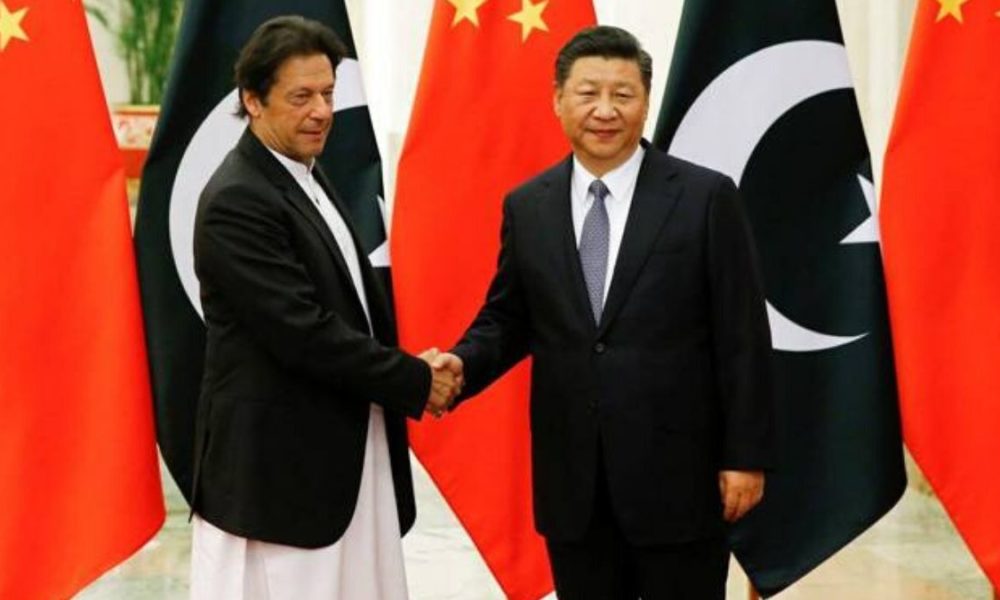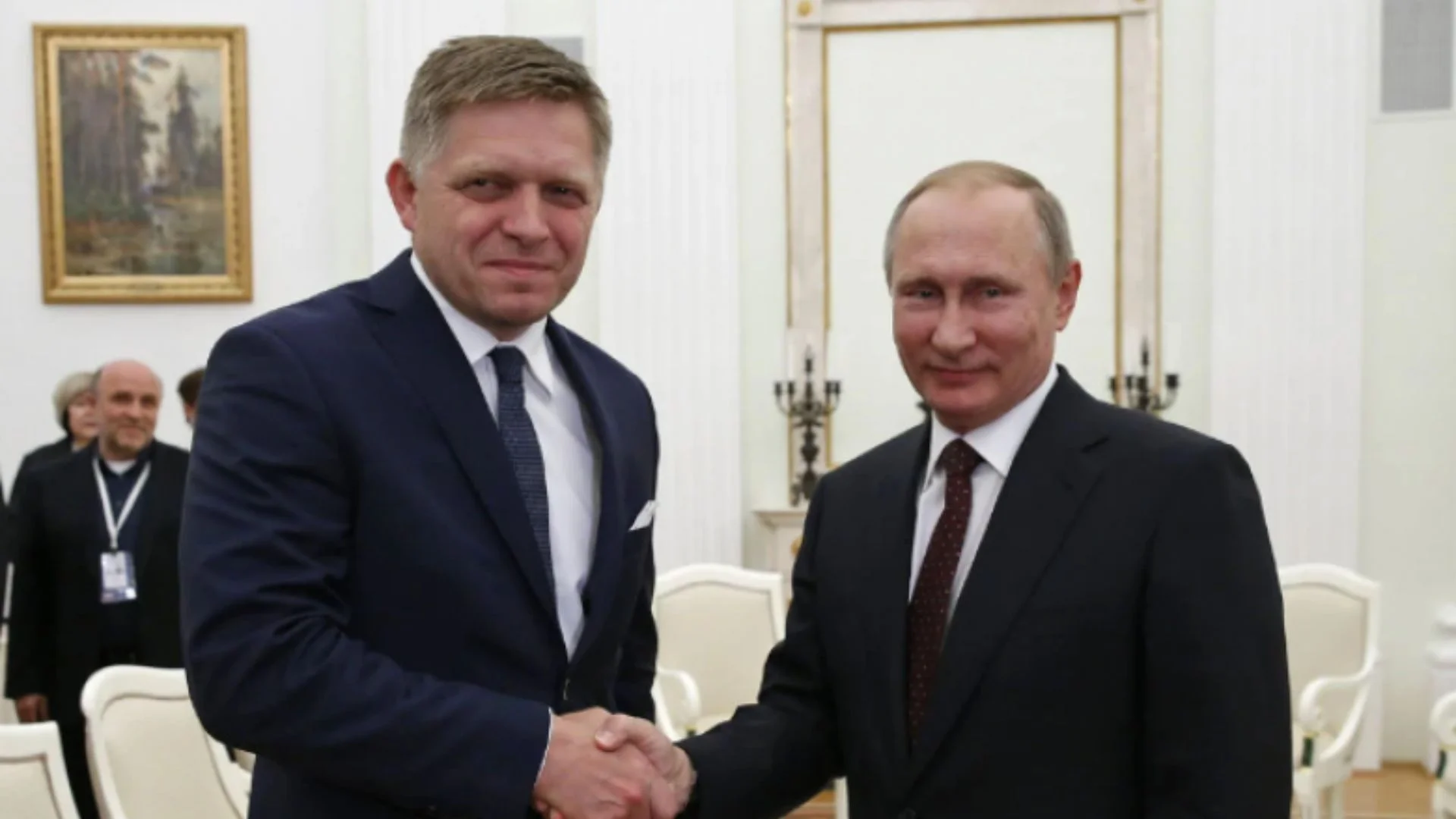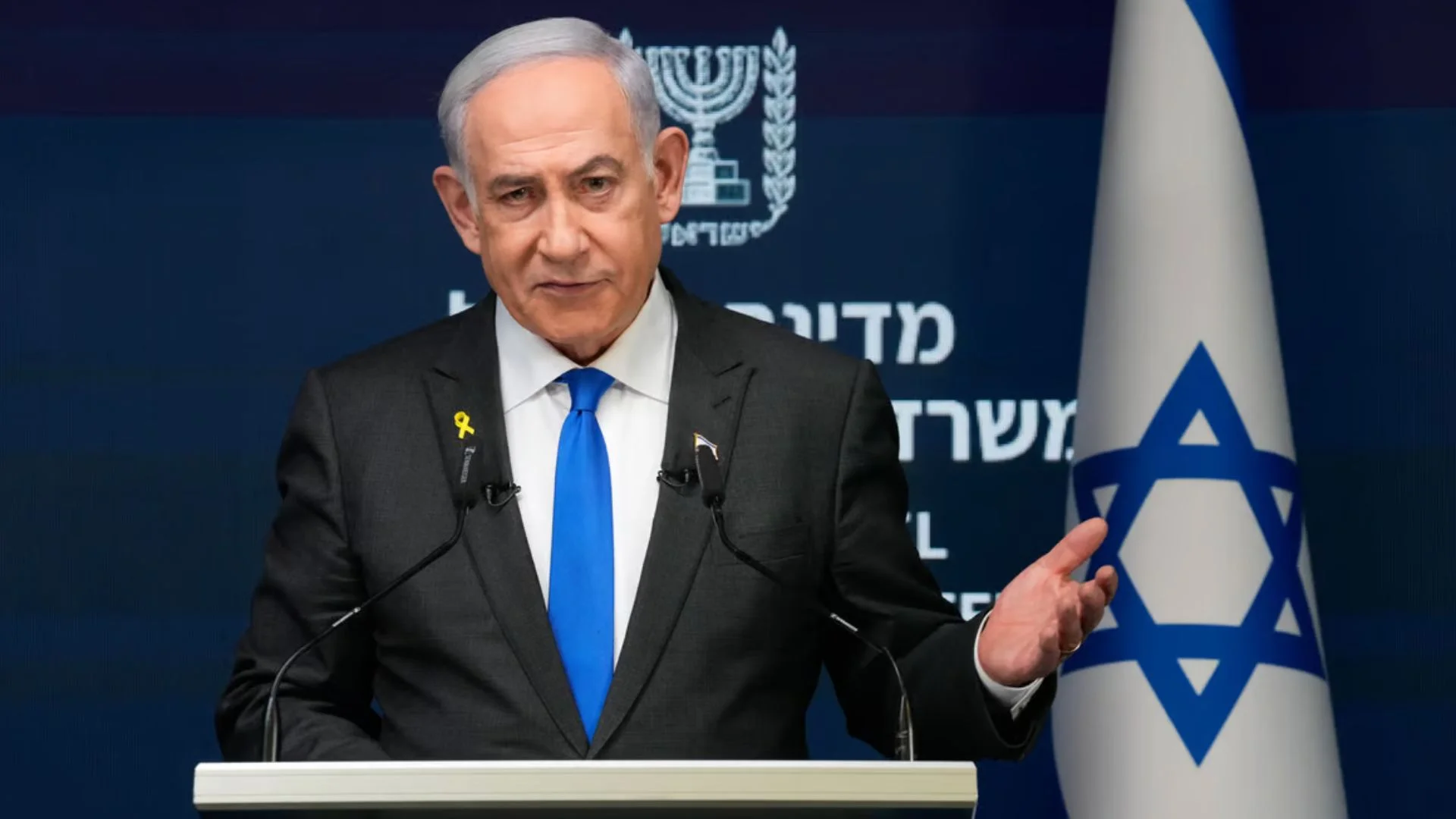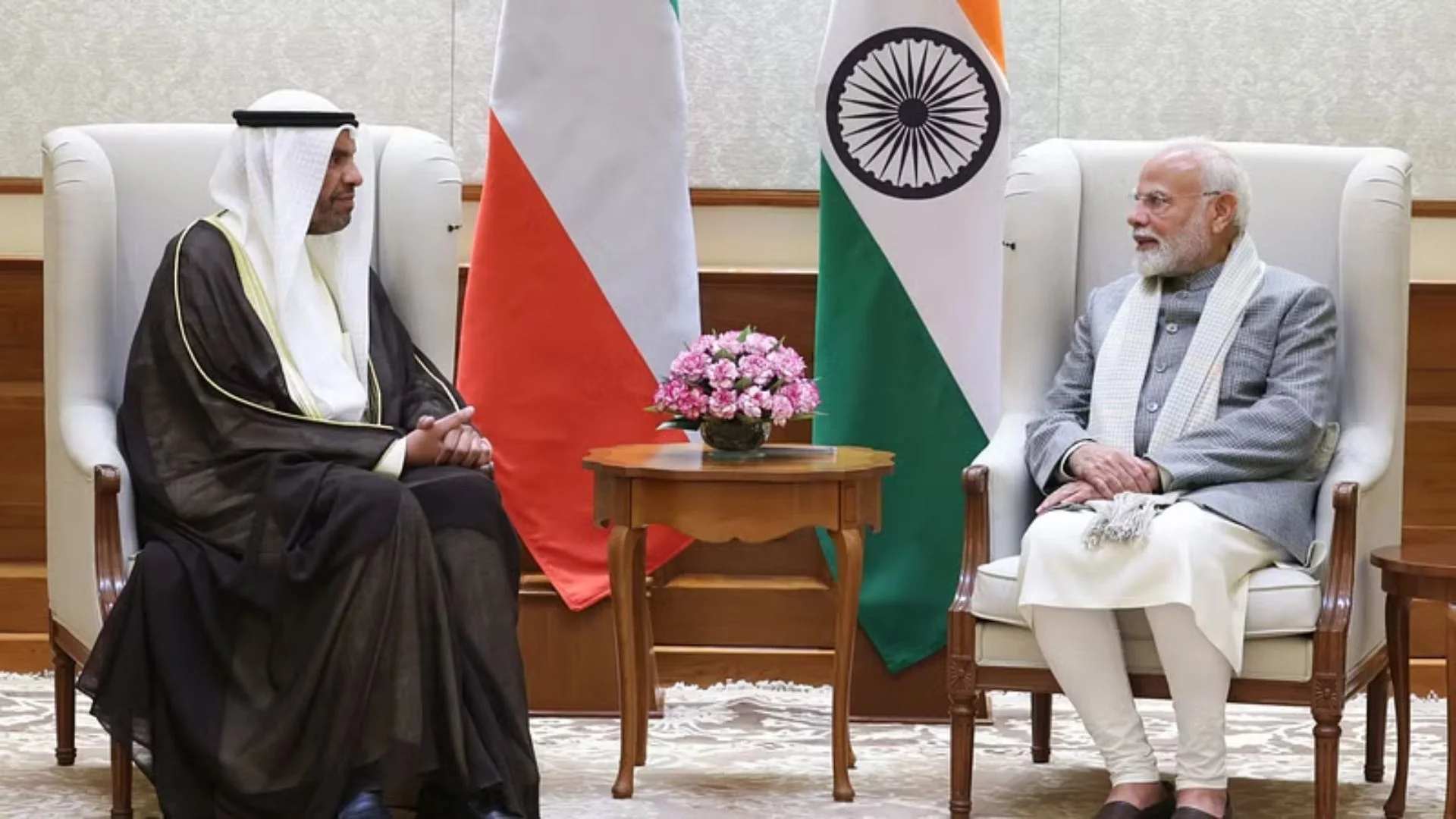The world battles the novel coronavirus on multiple fronts, one of which is the pandemic itself, another being engaged with China in a verbal warfare over the latter’s “alleged role” in the outbreak of the virus, while yet another being stopping it from hacking sensitive data and research related to a possible vaccine to fight Covid-19. Apart from this, a new pressing battle front is opening up.
This time the “Great Game” of global powers is awaited in the rough waters. The Dragon (China) is needling the US and its global alliance partners, including India, in its own den in the South China Sea. Chinese assertiveness in the South China Sea has been on the rise even as the world is grappling with the pandemic amidst strict lockdown restrictions. The flashpoint is Vietnam, though.
A strong US ally in the Pacific region, Vietnam has been confronting Chinese assertiveness in the South China Sea at least twice in the last five weeks, forcing the US to shore up its sea surveillance in the region under the name Freedom of Navigations Operations (FONOPs).
As President Donald Trump is “interestingly” finding the world on his side in his anti-China verbal war and is strengthening the anti-China bloc against any adverse situation, including a war, the Chinese leadership is ensuring that the US diverts its defence and strategic resources to the near 3.5 million sq km of Pacific waters, which Beijing claims as its own, rejecting the territorial rights of Vietnam, Philippines, Brunei, Malaysia and Indonesia.
In fact, when we were busy counting the rising coronavirus death toll worldwide, China, on 18 April, claimed administrative control over the disputed Paracel and Spratly Islands in the South China Sea, much to the discomfort of the Trump administration. Strategic affairs experts, particularly those having interest in China and the IndoPacific region, believe that China’s strong-arm tactics unleashed on the ASEAN nations are actually directed to rattle the US and test India’s strategic strength to match the Dragon in its den in the Indo-Pacific region.
Let’s not be under any illusion that China will own up its moral responsibility for the outbreak of the virus, allegedly from a laboratory in Wuhan in November 2019. Nor will it pay the damages the world is counting against it. Instead, China will ruthlessly assert its “rising Asian power status”, at least in East Asia. This compels us to believe that the Chinese, in no way, will back out of their increasingly assertive stance towards South China Sea. Far from being open to compromise, Beijing will use the disputed waters to spell new trouble for the US-led global alliance against China. India cannot evade the looming “strategic war in the Pacific waters”. But there is a catch.
This is a trap for the US and India, which strategically have no direct threat compelling them to ram into China for a full-fledged war. In fact, even the US is not keen for such a situation to emerge at a time its financial resources have been diverted to fight the pandemic and to fund the multi-billion dollar stimulus package given to the Americans by the Trump administration. India too cannot afford a direct confrontation with China at a time when it is engaged in strengthening its economic prospects by being an alternative to China as the new investment hub.
In fact, the news of nearly 200 US firms uprooting themselves from Chinese territory to open shop in India has rattled the Dragon much more in real terms than what it can do to India and the US in the South China Sea waters. China is on the verge of losing all the big brands and its economic powerhouse tag, which is very frustrating for it and hence, the provocation for a “conflict in the waters” in a bid to assert its regional hegemony among the ASEAN countries.
India’s own interest in the South China Sea is for the fact that sooner than later its own strength, which will be key in asserting its dominance as an emerging global power, will be put to test. China has been needling India too as it has been making inroads into the eastern Indian Ocean region. Besides encircling India, China is expanding naval influence in India’s seas, with Andaman and Nicobar Islands part of China’s grand designs—India must counter this strategically and urgently. India has to be guarded, given its maritime strength and naval resources at hand in the Indo-Pacific waters against China, which is no secret.
Realistically speaking, India should play the “Great Game” by mind and not by missiles against China. But how? Let’s play the flash point— Vietnam itself against China. Let’s make Indonesia, Malaysia and Philippines as other players in this strategic war, which India will be playing from New Delhi and not by being physically present in the South China Sea waters. India, like the US, the UK and France, along with Pacific countries like Australia, Japan and South Korea must encircle these ASEAN players by strengthening their defence and security resources to confront the “common enemy” as a coalition in Pacific waters.
India enjoys a goodwill and a “true friend in need” status among the ASEAN nations. It’s time to play PM Narendra Modi’s “multi-polar diplomacy” in the real sense to realise the big picture objective of India’s Act East policy. If Beijing can be a player in absentia to provoke Pakistan in raising the Kashmir bogey at international forums, why can’t India be on the side of Vietnam to raise the disputed South China Sea islands at the International Court of Justice and in the UN?
If China can do every bit to scuttle India’s chances of a UNSC seat, India too can support Vietnam and others, particularly Indonesia, which thwarted Chinese incursion attempts last December and in January again this year, to start a large scale cyber propaganda against Chinese atrocities and illegal occupation of territories of its ASEAN partners. India can also be on the side of ASEAN countries, directly in conflict with China, by initiating a strong economic forum for trade, investments and new business opportunities as a counter to China’s economic stature.
The latter’s economic conditions are already facing a threat during the pandemic and India’s emergence as an alternative economy in the region is a blow worse than a defeat in a full-scale war. A key element of this “strategic war” against China could be development of a robust media unleashing a full-scale anti-China propaganda. ASEAN region, unfortunately, lacks that punch in press against China and that has emboldened it over the years. One thing India must keep in mind, that convincing Hanoi to downgrade the “cooperative partner” status it has given to China in its diplomacy with the ASEAN partner, will be key in its battle for South China Sea. Moreover, New Delhi can also ask Hanoi to end participation in China’s Belt & Road Initiative (BRI).
Vietnam is already a member of the Quad-plus group in corona pandemic fightback efforts. The Quad, which is currently having the US, India, Australia and Japan as key members must include Vietnam, Indonesia and Singapore as other strategic security partners to rattle China in the region. It is highly unlikely that Hanoi may join the Quad, but the current geo-political dynamics may make that happen. Not only Vietnam, the Philippines, Malaysia, and Indonesia have all been angry with China in recent months for what they call “aggressive Chinese behaviour in the South China Sea”.
Perhaps these three countries could conduct military exercises or patrols together and both the US and India along with other global partners can provide a safety cover by enhancing the sea surveillance and joint naval exercises to “harass” China in its own den in the name of FONOPs. These FONOPs will come handy for India and the US in collecting security intelligence and surveillance material against China about the latter’s illegal activities in international waters, including illegal territorial operations and harassing the ASEAN countries. The data will be a propaganda to beat China in a “surgical warfare” in South China Sea!







